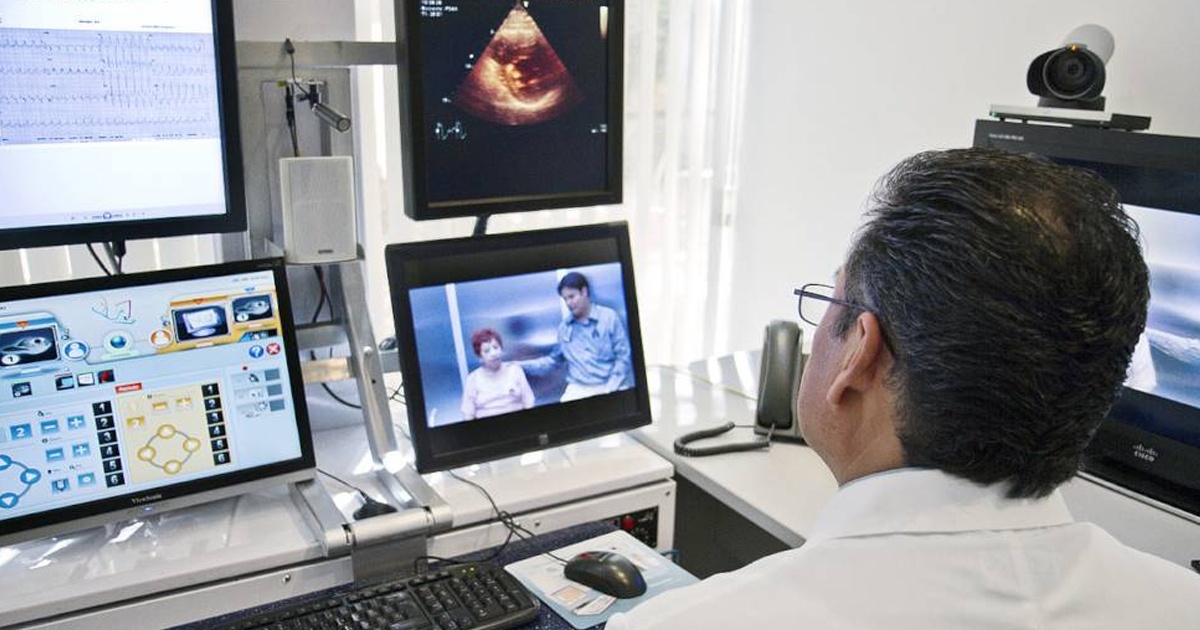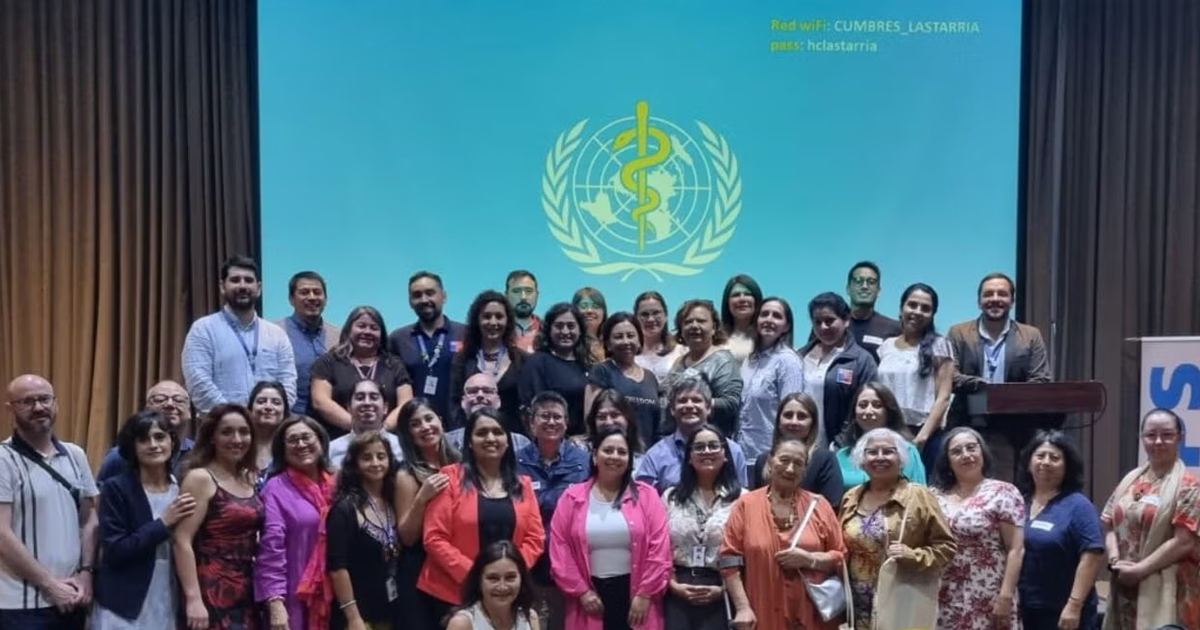Un grupo de médicos pertenecientes al Instituto Nacional de Ciencias Médicas y Nutrición Salvador Zubirán (INCMNSZ), realizó pruebas a través de telemedicina para pacientes de cáncer y de bajos recursos, las consultas ofrecieron atención psicológica y cuidados paliativos.
El INCMNSZ, una de las instituciones de salud más importantes de México, fue convertido en hospital COVID-19 el 20 de marzo del 2020, cuando el gobierno federal comenzó con la estrategia de reconversión hospitalaria. Los pacientes con tratamientos de cáncer activos pudieron continuar con sus visitas clínicas y tratamientos, sin embargo, otro tipo de atenciones fueron suspendidas. Antes ello este grupo de investigadores encontraron en la telemedicine y la utilización de plataformas digitales una herramienta crítica para proveer servicios clínicos a distancia. La estrategia consistió en transformar al programa multidisciplinario de cuidados paliativos en un programa de telemedicine para pacientes con cáncer.

El grupo de investigación, realizó pruebas de telemedicine a través de consultas por videollamada a pacientes de bajos recursos. Las teleconsultas incluyeron atención psicológica, control de dolor y de síntomas y atención en nutrición. Los resultados de la investigación fueron publicados en The Oncologist, bajo el título de “Brindar cuidados paliativos y de apoyo mediante la telemedicine para pacientes con cáncer avanzado durante la pandemia COVID-19 en México”, en el artículo detallaron que fueron 45 participantes con una edad media de 68 años, a quienes se les brindaron mil 563 atenciones a través de telemedicine. De estas intervenciones las más comunes fueron la psicológica con 33% y dolor y control de síntomas con 25%.
Sin embargo, el INCMNSZ, implementó desde el 2018 el programa de cuidados paliativos “Te Acompañamos”, que, hasta la reconversión hospitalaria del Instituto, había atendido a 337 pacientes con cáncer avanzado, por lo que fue tomado como base para este nuevo proyecto, lo que propició un avance rápido en la atención a distancia.
En general las intervenciones en telemedicine fueron recibidas de manera positiva, a pesar de las barreras encontradas. El articulo sugiere que la telemedicine puede funcionar en México, a pesar de que los pacientes deben contar con dispositivos electrónicos y acceso a Internet, sin embargo, más del 90% de los mexicanos cuentan con un teléfono inteligente. Es el caso con este estudio, en el que la mayoría de las intervenciones fueron recibidas por pacientes a través de videoconferencias por un smartphone.
“La implementación de un programa de telemedicine de cuidados paliativos y de apoyo para pacientes con cáncer avanzado durante la pandemia COVID-19 es factible en países de ingresos bajos y medianos utilizando recursos fácilmente disponibles. La telemedicine representa un método excelente para mantener la continuidad de la atención de los pacientes con una gran carga de síntomas, al tiempo que limita el riesgo de contagio tanto para los pacientes como para los proveedores”, concluye el estudio.
Para consultar el estudio completo (en inglés), accede al siguiente enlace: https://theoncologist.onlinelibrary.wiley.com/doi/epdf/10.1002/onco.13568







